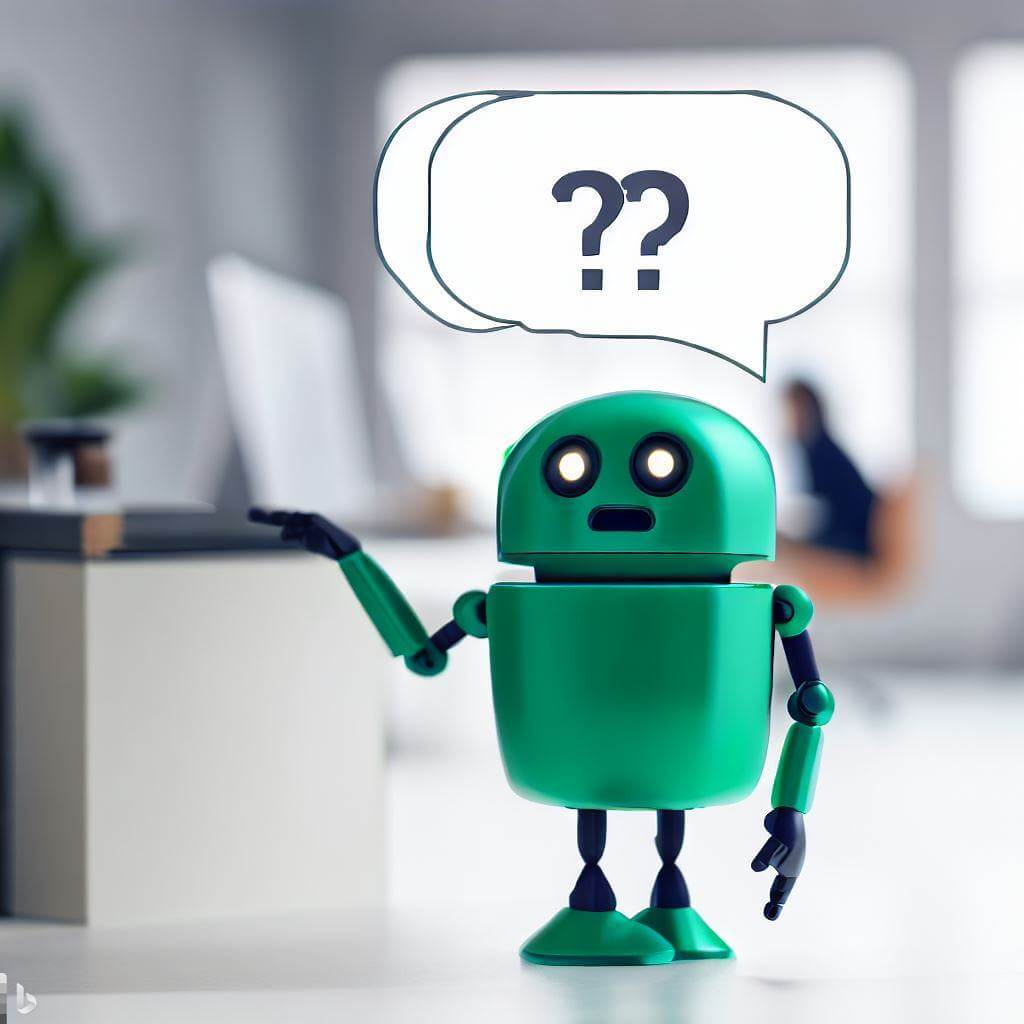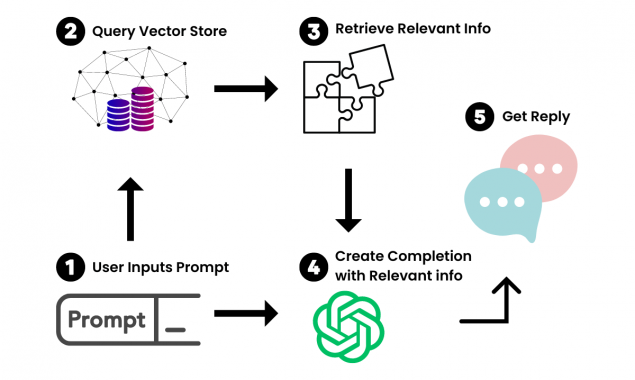
03 Jul Artificial Intelligence Assistants
What are artificial intelligence assistants?
To put it simply, artificial intelligence assistants are programs that automatically generate human-like responses to written or spoken commands from people. These programs are evolving from chatbots that provide responses within predetermined simple rules to more capable robots that can offer suggestions, extract summaries, understand you, and read your documents.
How do companies use this technology?
Expedia, a travel company, can be cited as a successful example of using this technology. Expedia has created a chatbot using ChatGPT that can provide users with recommendations based on their conversations regarding travel destinations, hotels, flights, and similar topics. Similarly, Salesforce’s business communication platform, Slack, offers users the ability to provide information about past conversations, mark important parts, and summarize chats. On the other hand, the language learning application Duolingo teaches users languages through chat using ChatGPT and allows users to ask additional questions about their mistakes by explaining their errors during the conversation. In this way, Duolingo provides a new service to its customers through the chat assistant that it couldn’t previously offer.

Which companies provide enterprise chatbot services?
Although ChatGPT is the first name that comes to mind when talking about chatbots, there are several different options available for providing chatbot services for enterprise purposes. Here are some companies that offer chatbot services:
- Getguru: They provide a chatbot that can store uploaded texts in a local database and provide answers to your questions based on this data.
- Glean: A platform that uses data from information channels like Outlook and Slack to answer your business-related questions with natural language processing capabilities.
- Otter.ai: This bot can join your meetings and engage in conversation about the meeting.
- Pryon: A chatbot that can access thousands of documents and provide answers to your questions based on this data.
- Holler: It allows you to create surveys and ask questions about the responses to your survey.
- Hebbia.ai: A decision support bot that can analyze data in various formats such as PDF, PowerPoint, and Excel to answer complex questions.
- Raffle.ai: An assistant that analyzes your company’s data and provides insights. Sinequa: A platform that can find answers to your workplace-related questions through natural language search.
- Sinequa: A platform within the workplace that can find the answer to a problem you are looking for using natural language.
In addition to these companies, with the increasing popularity of technologies utilizing large language models, the number of companies offering chatbot services is rapidly growing, and new chatbot assistants that provide innovative solutions are emerging every day.

How can we, as Turkish Airlines, utilize this technology?
Chatbots are very useful when quick access to summarized information is needed.
For instance:
- Imagine having a chat with someone who knows all the procedures on DDMS. When you are curious about the process flow or rules about a subject within the company, instead of researching for a long time, you can access the information you are looking for with a single question you would ask such an assistant.
- Handling company employees, who are expected to know the rules in the thousands of pages of Ground Operations Manual / Ground Services Handbook documents, can quickly reach the information they need during the operation by asking an AI assistant trained with these details.
- With an AI assistant trained with data on systems like the Station Information System (IBS), we can quickly and easily access information about a destination we fly to, such as contact information, personnel list, and handling company.
- In reservation and ticketing matters; we can train an AI assistant with our online information libraries that contain all the information such as baggage rights, pet transport rules, special requests, cancellation and refund rules. This assistant can provide support to our passengers, our call center employees, our sales offices, and our agents.
- In the Job Descriptions system, we can train an AI assistant with information about the job descriptions and responsibilities of all roles within the institution. In this way, when corporate employees want to learn who is responsible for any issue, they can quickly and easily get information by referring to this assistant.
- We can teach an AI assistant important historical information about past projects we have conducted within the company, such as feasibility studies, project teams, technical details, progress reports, and most importantly, “lessons learned”. An assistant trained in this way can provide summary information about past projects in new projects and can act as an effective mentor by making valuable suggestions.
- We can create an AI assistant that is constantly updated with the talks and decisions made in meetings within the institution. This assistant provides information when we want to inquire about current decisions or trends in the institution on any issue. In addition, it checks whether the new decisions taken are compatible with previous decisions and can alert us.
- In case of customer complaint, the customer’s past information can quickly be analyzed by an AI system. This system provides summary information about the customer and the complaint, helping to resolve complaints faster.
- These conveniences benefit not only the staff but also the passengers. Passengers can inquire about baggage rules, learn processes related to the region they are going to, and get information from a chatbot in their native language, which increases customer satisfaction.
We must keep in mind that these technologies are still in the development process and more efficient usage scenarios will emerge over time. It seems inevitable that they will reach a level that will help in complex analyses and decision-making processes.
Please share with us any usage scenarios you have in mind. Let’s evaluate them together face to-face :)”
How can we set up an AI chatbot to ask corporate information?
When setting up a system working with company resources, it will not be appropriate to use services that send company data to external institutions, such as OpenAI APIs, for information security. Therefore, it will be necessary to produce a custom chatbot that uses open-source large language models like GPT4ALL, Vicuna, WizardLM, which can work on our servers. Currently, systems that can work on local servers operate as follows:
First, your documents will need to be vectorized and stored through Python libraries like Huggingface Embeddings. When your question is asked, the Python library called Langchain finds the most relevant parts among the stored data and feeds your question and the found parts to the language model. The language model then gives the desired answer using your data and your question. If this topic interests you, you can check out the recently popularized GitHub projects called PrivateGPT and localGPT.

